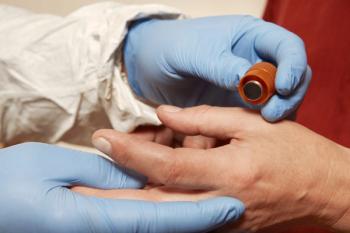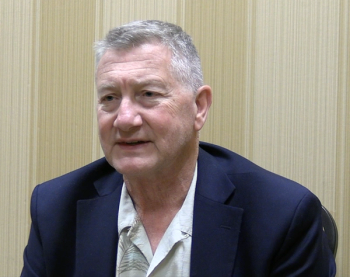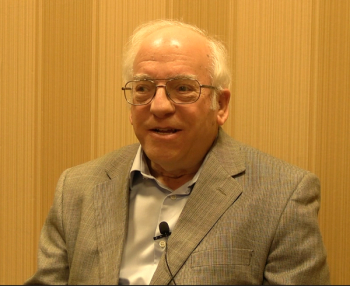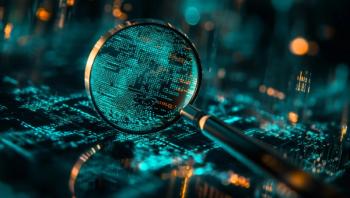
|Articles|March 1, 2003
- Spectroscopy-03-01-2003
Uncovering the Secret of the Rocks with LIBS (PDF)
Author(s)Barry E. DiGregorio
After nearly three decades and three spacecaft landings on the surface of Mars, we still do not know what the rocks are made of . . .
Advertisement
Articles in this issue
almost 23 years ago
The Planetary Shared Sample Library: A New Tool for Planetary Science (PDF)almost 23 years ago
The 2003 Spectroscopy Survey of Salaries and Employment Issues (PDF)almost 23 years ago
2003 ? The Year of Mars (PDF)almost 23 years ago
Global Economic Upturn on 2003 Bodes Well for Spectroscopy Market (PDF)Newsletter
Get essential updates on the latest spectroscopy technologies, regulatory standards, and best practices—subscribe today to Spectroscopy.
Advertisement
Advertisement
Advertisement
Trending on Spectroscopy Online
1
Where Should the 2028 Winter Conference on Plasma Spectrochemistry Be Held?
2
Best of the Week: Previewing AAFS 2026, Influential Articles in Biomedical Applications
3
Routine Arsenic Quantification in Rice and Rice-Based Foods
4
Tom Spudich Discusses the State of Forensic Analysis
5




